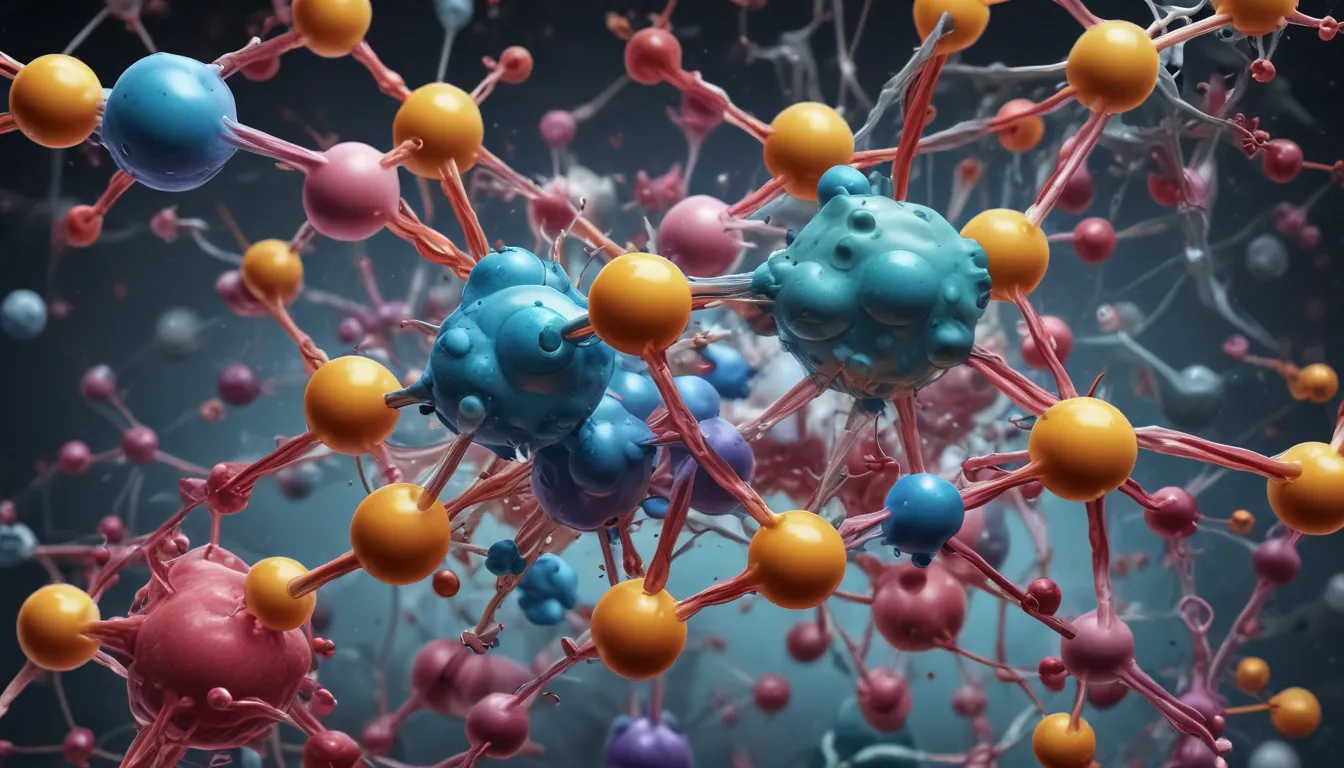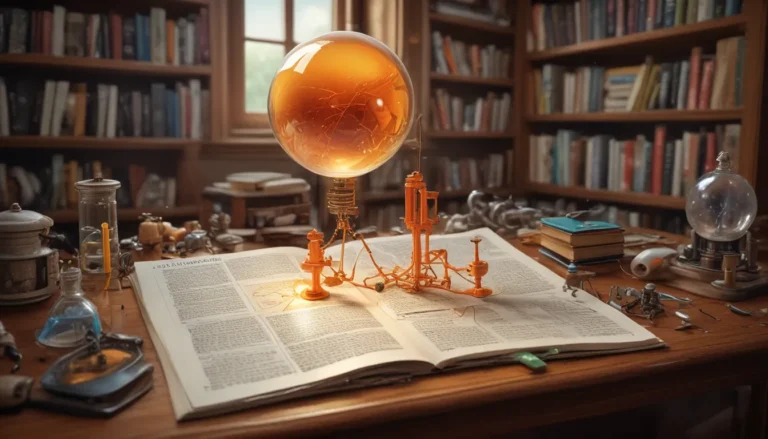A Note About Images: The images used in our articles are for illustration purposes only and may not exactly match the content. They are meant to engage readers, but the text should be relied upon for accurate information.
Molecules, the tiny building blocks of matter, are the foundation upon which everything in the universe is constructed. They are the invisible threads that weave together the very fabric of existence, enabling the complexity and diversity of the world we inhabit. From the air we breathe to the food we consume, molecules play a crucial role in shaping our daily lives. In this article, we will delve into the fascinating world of molecules and uncover nine astonishing facts that will leave you in awe of their immense power and beauty. So, buckle up and get ready to embark on a journey into the astonishing world of molecules, where we will explore their incredible properties and learn just how essential they are to our understanding of the universe.
Key Takeaways:
- Molecules are the tiny building blocks of everything around us, from the air we breathe to the food we eat. They come in different shapes and sizes, and are always in motion, making them essential to the world we live in.
- Scientists can manipulate and engineer molecules to create new materials and substances with specific properties, leading to advancements in medicine, technology, and other industries. Molecules are the key to innovation and progress in our world.
The Fundamentals of Molecules
At the most fundamental level, molecules are the basic structural units that make up matter. They consist of two or more atoms held together by chemical bonds. Whether it’s the air we breathe, the water we drink, or the food we consume, everything is composed of molecules.
The Diversity of Molecules
Molecules can exist in various forms and have different shapes and sizes. Some molecules are simple and small, like water (H2O), while others, such as proteins and DNA, are highly complex and larger in size.
The Dynamic Nature of Molecules
Molecules are always in a state of constant motion, vibrating and rotating at incredible speeds. This movement is a result of the kinetic energy possessed by the particles within the molecule.
The Role of Molecules in Chemical Reactions
Chemical reactions occur when molecules interact with one another, forming new compounds or breaking down existing ones. These reactions are the basis for all biological processes and the changes we observe in the world around us.
The Polarities of Molecules
Depending on the distribution of charges within a molecule, it can be classified as polar or nonpolar. Polar molecules have an uneven distribution of charge, while nonpolar molecules have an equal distribution of charge.
The Unique Properties of Molecules
Due to their structure and composition, molecules can display a wide range of unique properties. For example, water exhibits cohesion, allowing it to form droplets, and carbon dioxide has the ability to absorb and emit infrared radiation, contributing to the greenhouse effect.
The Intricate Structures Formed by Molecules
In addition to their individual properties, molecules can also combine and form intricate structures such as crystals and polymers. These structures have varying degrees of organization and play crucial roles in many scientific and industrial applications.
The Manipulation and Engineering of Molecules
Scientists have the ability to manipulate and engineer molecules to create new materials and substances with specific properties. This field, known as molecular engineering, has paved the way for advancements in medicine, technology, and other industries.
The Essential Role of Molecules in Life
Life as we know it would not be possible without molecules. They form the basis of all biological processes and are involved in everything from metabolism and digestion to the functioning of our cells and DNA replication.
Conclusion
Molecules continue to amaze us with their astonishing properties, whether it’s the complexity of macromolecules or the simplicity of diatomic molecules. The study of molecules opens the door to understanding the very essence of matter and the forces that govern our physical reality. It is a thrilling journey that scientists and researchers continue to embark upon, unlocking new possibilities and advancements in various fields. So, the next time you encounter the word “molecule,” remember that it represents a realm of astonishing facts and endless discoveries, waiting to captivate your imagination.
FAQs
- What is a molecule and how is it formed?
- What are some examples of molecules?
- What determines the shape of a molecule?
- How do molecules participate in chemical reactions?
- Can molecules exist in different states of matter?
- How do molecules contribute to the properties of substances?
- Can molecules be broken down into smaller components?
- Are all molecules organic?
- How do scientists study molecules?
Molecules are truly remarkable, from their intricate structures to their essential roles in life. But there’s even more to explore in the world of chemistry and molecular interactions. Delve into the fascinating realm of hybrid orbitals and uncover their mind-boggling properties. Cell adhesion molecules also hold astonishing secrets waiting to be revealed. And don’t forget about the captivating world of dipole-dipole interactions, where molecules dance in a mesmerizing display of attraction and repulsion. Get ready to have your mind blown by the incredible facts and insights that await you in these captivating articles.






